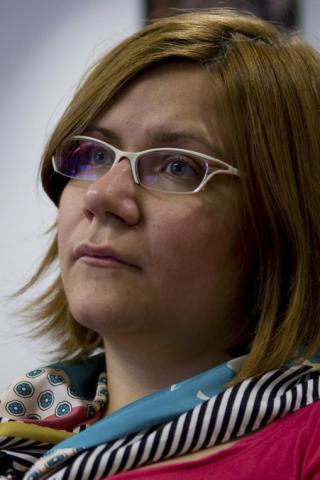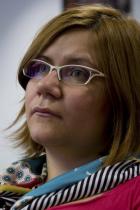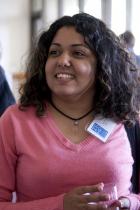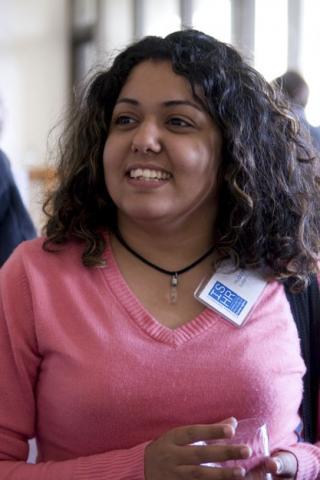Lana Ackar

Bosnia-Herzegovina, 2011
Gender Officer, OSCE Office for Democratic Institutions and Human Rights
For Lana Ackar, a passion for pursing human rights has always been a large part of her life and within her professional career, she confidently pursued the study of human rights, specifically women’s rights. I feel that when you do human rights work, you care—you’re alive. Your senses become sharper, and you just feel differently about people. I have learned people are not as simple as you think they are. Everyone has layers of personality and different needs.”
Ackar serves as a board Member of the NGO Pravnik, which seeks to bring together professionals and scholars from Southeastern Europe and beyond to study issues related to the rule of law and transitional justice. She believes that the International Summer School Sarajevo project that Pravnik has been running since 2006 will contribute to the advancement of human rights in Southeastern Europe. In 2014, Ackar joined the OSCE Office for Democratic Institutions and Human Rights based in Warsaw, Poland, where she currently works on advancing women's political participation and gender sensitivity of democratic institutions.
—Updated by Claire Kozik, Program Assistant, Summer 2018








